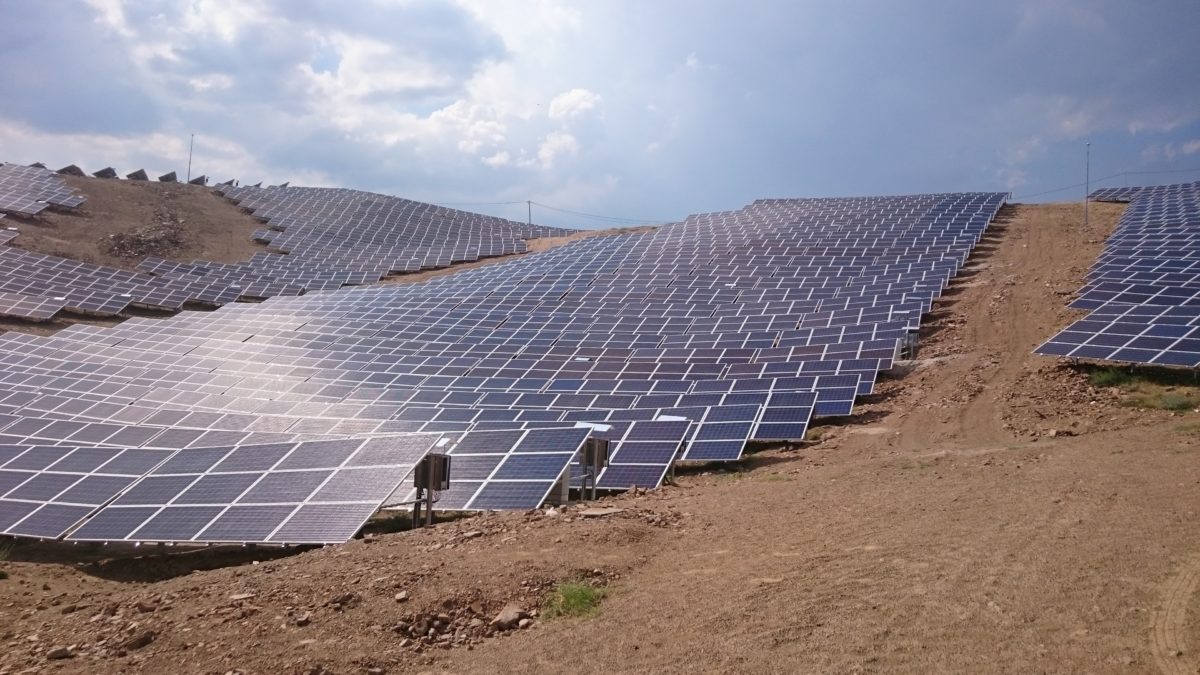The deadline for submitting an application to bid for Turkey’s 1 GW solar PV plant in Konya expired today at 12 noon, local time.
According to information provided by Turkish Solar Energy Society Solarbaba, there were four application submissions by the following consortia:
1. Limak Yatirim, China Machinery Engineering Corporation and Hareon
2. Acwa Power, Chint and Kibar Holding
3. Çalık Enerji and SolarGiga
4. Kalyon Enerji and Hanwha QCells
Of these joint ventures, Limak Yatirim, Kibar Holding, Çalik Enerji and Kalyon Enerji are local Turkish companies. Most of the rest are, perhaps unsurprisingly, Chinese, with the exceptions of Saudi Arabia’s leading EPC firm Acwa power and Korea's Hanwha QCells.
Based on the Konya tender rules, local manufacturing of PV modules, cells, wafers and ingots is mandatory. Local manufacturing for the inverters is also mandatory, but there is no clear definition about what comprises a ‘local’ inverter, so perhaps local assembly alone will be sufficient to qualify for the tender.
A crucial question remains: why would a foreign investor want to build a local manufacturing unit to comply with the tender rules, to be awarded the 1 GW project if the investment is pricey and there is not a strong domestic solar market?
Popular content
Turkey aims to install 5 GW of solar PV capacity by 2023. To date it has installed about 1 GW of solar PV capacity.
Should a Chinese firm want to target non-Turkish solar markets, they can already do so by selling their modules manufactured in China, which are more price competitive.
A possible answer to the previous question is that Chinese bidders are promised other projects too, not necessarily in the solar PV sector. Chint for instance is a leading investor in power transmission systems, and China Machinery Engineering Corporation is a construction and engineering company. Most of the local Turkish companies too are active in various sectors, outside solar PV.
Nevertheless, Ates Ugurel, founder of Solarbaba, told pv magazine “it is nice to see names like Hanwha QCells, Chint and Acwa Power.”
This content is protected by copyright and may not be reused. If you want to cooperate with us and would like to reuse some of our content, please contact: editors@pv-magazine.com.


By submitting this form you agree to pv magazine using your data for the purposes of publishing your comment.
Your personal data will only be disclosed or otherwise transmitted to third parties for the purposes of spam filtering or if this is necessary for technical maintenance of the website. Any other transfer to third parties will not take place unless this is justified on the basis of applicable data protection regulations or if pv magazine is legally obliged to do so.
You may revoke this consent at any time with effect for the future, in which case your personal data will be deleted immediately. Otherwise, your data will be deleted if pv magazine has processed your request or the purpose of data storage is fulfilled.
Further information on data privacy can be found in our Data Protection Policy.